Used cars are back in business, though that is a misnomer because they were never really out of action. Since Dec-17, speculation was adrift among prospective car buyers, enthusiasts and the media as to what will happen to used cars. Will consumers no longer be able to buy relatively cheaper imported (used up to 3-years) variety of cars they could bring home and call their own? Well, we can lay this one to rest once and for all. Used cars are here to stay!
As a quick recall: in Oct-17, the Commerce Ministry issued a notification (SRO 1067(I)/2017)—in part to curb the rising import bill—that said all duties and taxes for imported vehicles coming through schemes (used cars are allowed under gift, baggage, transfer residence schemes for overseas Pakistanis) would have to be paid out in foreign exchange by the sender of vehicle i.e. the Pakistani living overseas.
In reality, overseas Pakistani cannot pay the duty because he is simply not involved in the process of export. Motor dealers across Pakistan use documents of Pakistanis living abroad to import stockpiles of cars from Japan that are sold there in large auctions. Later on, these cars are commercially sold in Pakistan; and all duties to the exchequer are paid for by dealers.
Obviously the new notification becomes a thorn in the way of importers whose livelihoods are now attached to this burgeoning business. But soon as the regulation was announced, the motor dealer lobby rose to action. Clearly, it is not easy to shut down a large operation such as this that is also quickly expanding. From just 5,000 used cars coming in around FY09; the number has grown to 65,000 in FY17. During FY16, the industry paid Rs23 billion in taxes- that’s a mammoth number which looks good to the government’s purse.
Meanwhile, automakers and critics claim that the government loses an additional Rs20 billion in duties and taxes due to the illegal use of this policy.
It is true that used cars enjoy discounted fixed duties that are much lower than if cars were imported directly—here, tariffs go up to 150 percent. But with such high tariff protection for automakers, it is no wonder that motor dealers found an indirect way to import cars. (Head over to our earlier story for detailed analysis: “Goodbye used cars?-ii”, Feb 15, 2018).
Since the new regulation, up to 10,000 cars, sources claim, were stuck at the port. The Economic Coordination Committee announced last week that all the cars held at the docks would be cleared. More recent news is that the SRO has been deemed invalid and now the Commerce Ministry will issue a revised policy keeping in mind all stakeholder interests. Until such a time that policymakers come to a consensus, all used cars will be imported under old rules.
So folks, status quo prevails, but there is still one round left. This change in heart of the government is going to ruffle some feathers. Automakers are already raising their voice and new entrants who are set to arrive as early as next year are likely to be irked too. In the fight between dealers against assemblers, which auto lobby will win? We will find out soon enough.






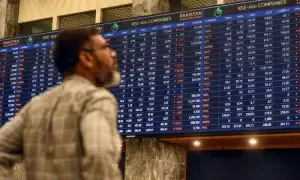
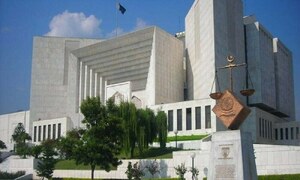
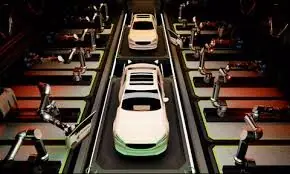




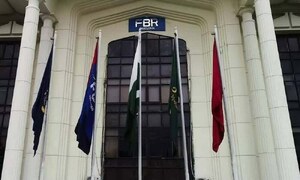



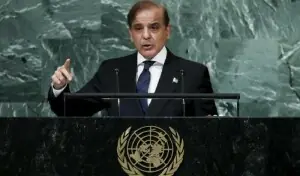


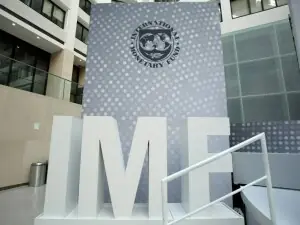
Comments
Comments are closed.